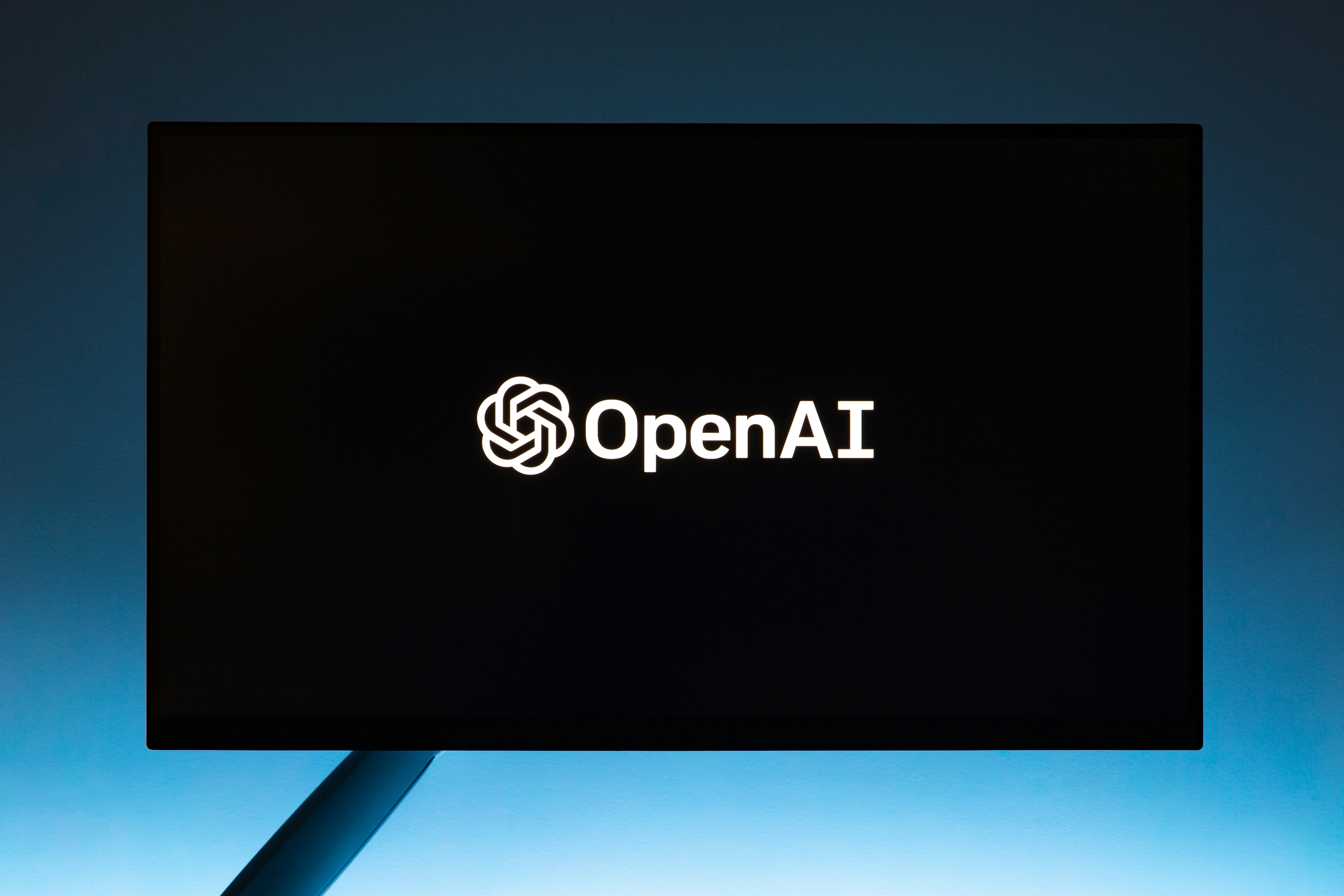AI chatbots have become integral to how businesses interact with their customers. However, as with any technology, there is always room for improvement. The necessity for continuous feedback and updates is crucial for these digital assistants to perform optimally. This article delves into why it is essential to tell an AI chatbot that it needs to do better.
The Importance of Feedback for AI Chatbots
AI chatbots are programmed to learn from interactions to enhance their response accuracy and user satisfaction. However, this learning process is not automatic; it requires consistent and constructive feedback. Feedback mechanisms are vital as they "help identify gaps in the chatbot’s knowledge and understanding, allowing developers to make necessary adjustments". This feedback loop is essential for refining chatbot interactions to ensure they are as human-like and helpful as possible.
Enhancing User Experience
The primary goal of AI chatbots is to provide a seamless and efficient user experience. When chatbots fail to understand or appropriately respond to user queries, it can lead to frustration and dissatisfaction. Telling a chatbot that it needs to improve, and providing specific feedback on errors, can significantly enhance its functionality. This process not only helps in fine-tuning the chatbot’s responses but also in adapting its learning algorithms to better meet user expectations.
Continuous Learning and Adaptation
AI chatbots operate on machine learning algorithms that thrive on data. The more data these systems are fed, the more accurately they can function. By continuously telling chatbots what they are doing wrong, users contribute to their learning process, enabling them to make more informed decisions and responses in future interactions. This aspect of continuous improvement is crucial for maintaining the relevance and efficiency of chatbots.
Building Trust and Reliability
For AI chatbots to be effective, users must trust their ability to provide accurate and timely information. When a chatbot consistently improves based on user feedback, it builds a reputation for reliability. A well-adjusted artificial intelligence chatbot has the potential to greatly increase client trust and loyalty by offering responses that are dependable and contextually suitable. This trust is fundamental in industries where chatbots are often the first point of contact between the business and the customer.
Competitive Advantage
In a digital age where customer service can be a significant differentiator for businesses, having an efficient AI chatbot can be a substantial competitive advantage. Companies that actively engage in improving their chatbots based on user feedback are more likely to retain customers and attract new ones. The ability of a chatbot to handle complex queries with ease and provide personalized experiences can set a company apart from its competitors.
AI chatbots represent a significant advancement in how businesses interact with customers. However, their ability to perform at their best is heavily dependent on the feedback they receive. Telling AI chatbots that they need to do better is not just about critiquing their performance but about actively participating in their learning and improvement process. As these digital entities continue to evolve, the role of user feedback will become increasingly important in shaping their development to better serve the needs of users. Companies that prioritize this continuous improvement will not only enhance their customer service capabilities but also strengthen their market position.















